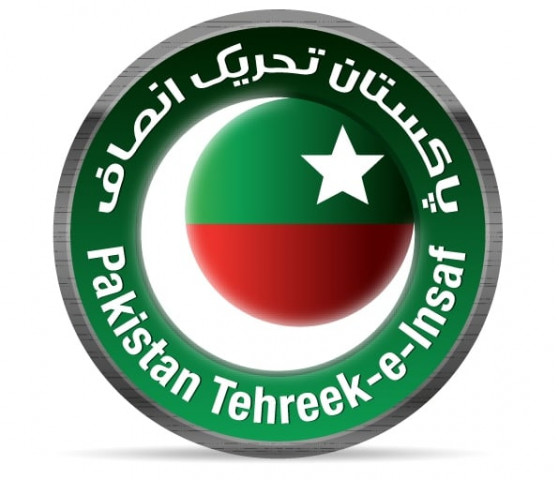Unsolicited phone calls: How did you get my number?
Imran Khan’s personal recorded message raises privacy questions.

Unsolicited phone calls: How did you get my number?
We have all been there. The phone rings or beeps: it’s a message or call from someone we don’t know offering us something we don’t want.
This is, essentially, an invasion of privacy. Someone has contacted us without permission. Regrettably, there are no laws protecting Pakistanis from receiving such unsolicited messages and phone calls.
However, companies selling our private, personal numbers is more clearly legally suspect. Despite strong indications that customer data is sold to call centres for commercial purposes, no action has been taken by the relevant authorities.
The issue surfaced recently when Pakistan Tehreek-e-Insaf (PTI) chief Imran Khan used a recorded message to invite people in Karachi and Lahore to his party’s rallies. Global IT Vision, a call centre and software house, forwarded the message from the PTI chairman to people’s personal phones, both mobile and landline. Interactive Voice Response technology was apparently used.
“I thought someone pretending to be Imran Khan was flirting with me so I hung up,” said Tasneem Ali Khan from Landhi, Karachi. “When my brother received the same call, I realised it was a recorded message.”
There were many like Tasneem who received the same call, sometimes on both their landline and mobile phones. Regardless of whether or not the call was welcome, it went on to reach hundreds of thousands of people. The call fell silent, though, on the authorities concerned.
“Clearly, Imran Khan’s recorded message was an invasion of people’s privacy,” said Barrister Zahid Jamil, an expert on cyber and privacy laws who drafted the Electronic Transaction Ordinance.
Jamil said that although the calls were not technically illegal, they were unethical. Pakistan Telecommunication Authority (PTA) has fixed a limit on SMS’s per minute, but this regulation is far from sufficient to protect the general public, some of whom received calls very early in the morning or late at night.
The issue treads on to murkier territory, Jamil added, with the fact that calls from Imran Khan’s party were made to people’s mobile phones. These numbers are not in the public domain – unlike numbers in the general directory – and can only be obtained from telecom companies or institutions such as hospitals. Crucially, these numbers can only be obtained through payment.
Jamil also pointed out the irony that Imran talked about a welfare state in his Karachi speech, specifically referring to the UK as an example. However, breaching people’s privacy in that country is a criminal offense, punishable under the UK Data Protection Act 1998. Violators can be jailed and fined.
According to PTI sources, the party plans to use the methods on a much large scale for the party’s election campaign. Jamil acknowledges that PTI may not be ill-intentioned, but should still have a rethink with regard to privacy rights.
The company who relayed the calls says they are acting within the law as they have a licence from the government and the Pakistan Software Export Board. The company’s chief operating officer, Usman Zaheer, said that in countries such as the US privacy is protected through a ‘do-not call list’: people who do not wish be contacted with commercial messages. Zaheer said there is no such list in Pakistan, but his company has made an internal do-not-call list. Zaheer also defended Imran Khan’s calls, saying that even in the US the do-not-call list does not apply to political campaigns.
Admitting there are no laws covering this particular issue, PTA’s director of public relations, Muhammad Younis, said it was a commercial activity and call centers are licensed to make such calls. He admitted that it is hard to draw a line between commercial and political messages, but stressed that PTA has warned telecom companies against selling customer data.
While there is a strong indication that customers’ numbers were taken from sources other than the directory for Imran’s calls, none of the telecom companies contacted by The Express Tribune said they had played a part.
“There is absolutely no chance of Ufone being involved in facilitating the circulation of this call,” Ufone spokesman Moazam Ali Khan said. The company never gets involved in political activity, he added. Besides Ufone, Warid and Mobilink users also received Imran’s call, but their spokesmen also denied their companies’ involvement.
Published in The Express Tribune, January 8th, 2012.






1724319076-0/Untitled-design-(5)1724319076-0-208x130.webp)












COMMENTS
Comments are moderated and generally will be posted if they are on-topic and not abusive.
For more information, please see our Comments FAQ